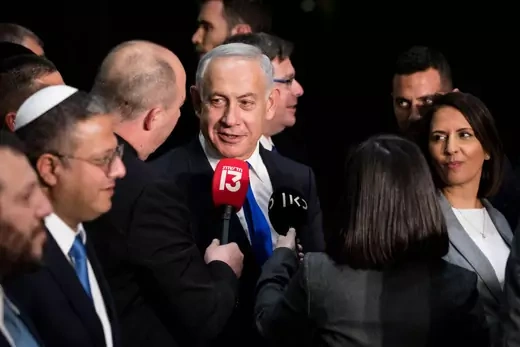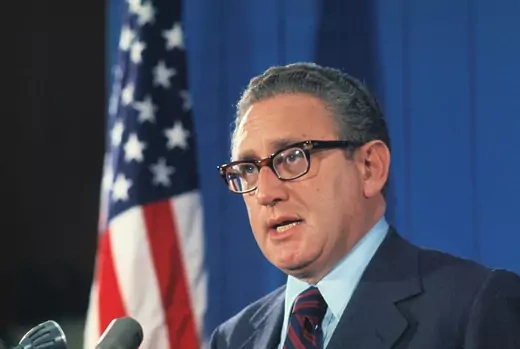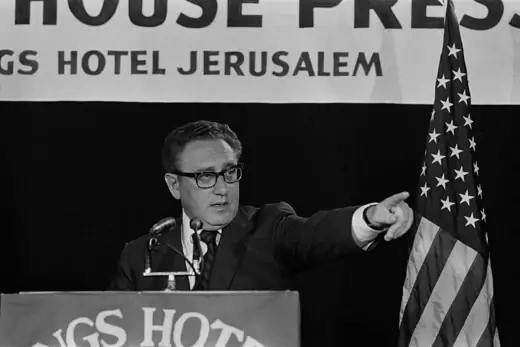- Experts
- Election 2024
-
Topics
FeaturedInternational efforts, such as the Paris Agreement, aim to reduce greenhouse gas emissions. But experts say countries aren’t doing enough to limit dangerous global warming.
-
Regions
FeaturedIntroduction Throughout its decades of independence, Myanmar has struggled with military rule, civil war, poor governance, and widespread poverty. A military coup in February 2021 dashed hopes for…
Backgrounder by Lindsay Maizland January 31, 2022
-
Explainers
FeaturedDuring the 2020 presidential campaign, Joe Biden promised that his administration would make a “historic effort” to reduce long-running racial inequities in health. Tobacco use—the leading cause of p…
Interactive by Olivia Angelino, Thomas J. Bollyky, Elle Ruggiero and Isabella Turilli February 1, 2023 Global Health Program
-
Research & Analysis
FeaturedThe rapidly changing landscape of foreign influence demands a new approach, argues Senior Fellow for Global Governance Miles Kahler. Countering malign influence from abroad will require a stronger democracy at home.
Council Special Report by Miles Kahler October 23, 2024 Diamonstein-Spielvogel Project on the Future of Democracy
-
Communities
Featured
Webinar with Carolyn Kissane and Irina A. Faskianos April 12, 2023
-
Events
FeaturedDr. Vivek Murthy, the 19th and 21st U.S. Surgeon General, discusses his role as the nation's doctor, including addressing the loneliness epidemic, the importance of social connection, and combatting the youth mental health crisis.
Event with Vivek H. Murthy and Thomas J. Bollyky September 25, 2024
- Related Sites
- More
October 21, 2024
United StatesMartin Wolf discusses how the outcome of the U.S. presidential election might change the world’s political economy and the path ahead. The C. Peter McColough Series on International Economics bri…

July 25, 2024
United StatesCFR’s Distinguished Fellow Martin S. Indyk passed away on July 25, 2024, at age 73. The Council on Foreign Relations (CFR) mourns the passing of Martin S. Indyk, CFR’s Lowy distinguished fello…
January 10, 2023
IsraelMartin S. Indyk, the Lowy distinguished fellow in U.S.-Middle East diplomacy at the Council, sits down with James M. Lindsay to discuss the consequences of Benjamin Netanyahu’s return as Israel’s pri…

October 19, 2021
U.S. Foreign PolicyMartin Indyk discusses his new book, Master of the Game: Henry Kissinger and the Art of Middle East Diplomacy. A perceptive and provocative history of Henry Kissinger’s diplomatic negotiations in the…

August 25, 2020
IsraelMartin S. Indyk, distinguished fellow at CFR, sits down with James M. Lindsay to discuss the Abraham Accord, which was brokered by the United States and will begin normalizing relations between Israe…

November 2, 2021
Diplomacy and International InstitutionsMartin S. Indyk, distinguished fellow at CFR, sits down with James M. Lindsay to discuss how Secretary of State Henry Kissinger’s shuttle diplomacy reshaped the politics of the Middle East and contin…

 Online Store
Online Store
